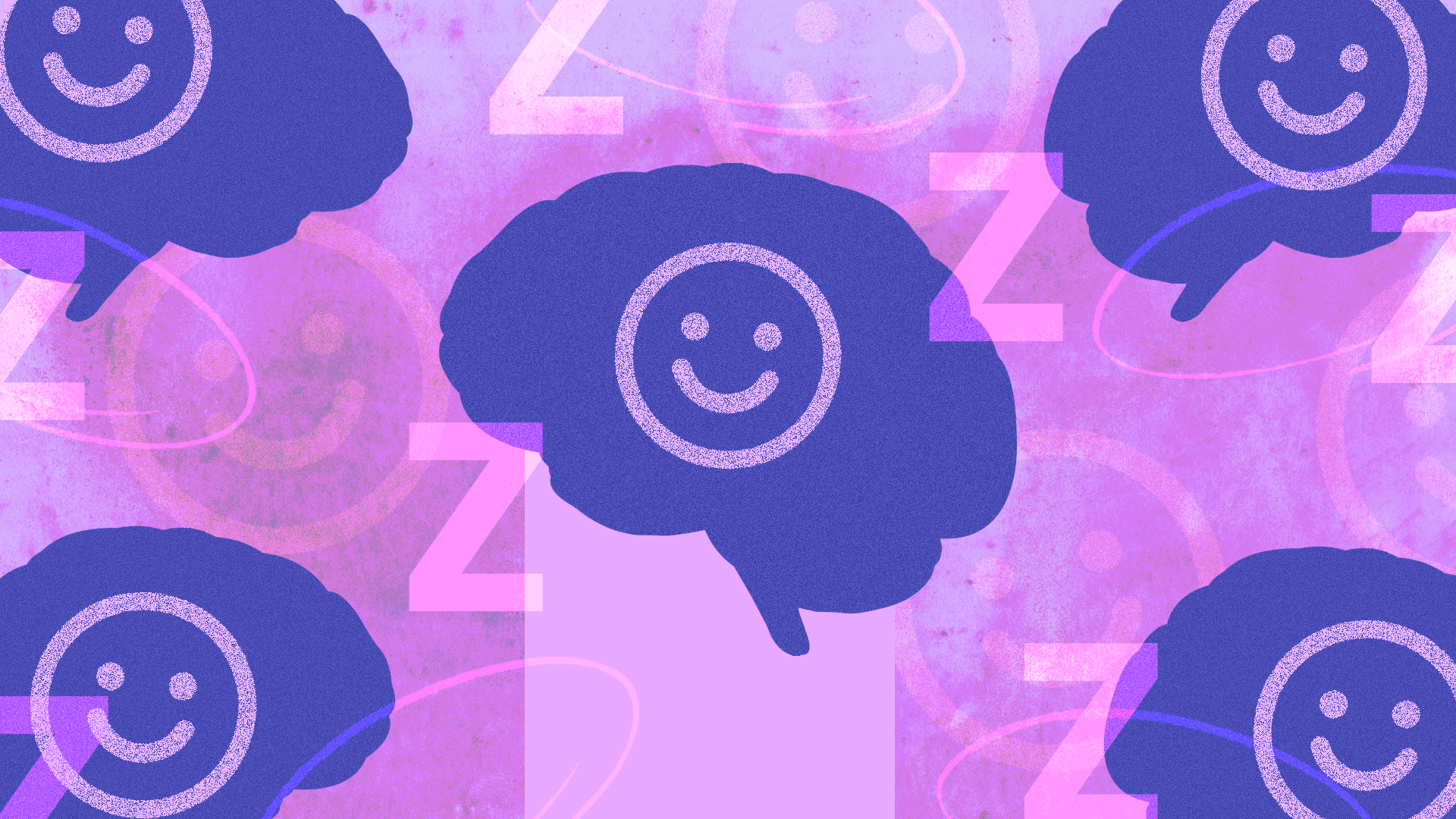A new survey has found that professional and educational fulfilment are a driving force behind Gen Z’s happiness levels. But they’re still statistically the ‘least happy’ generation overall.
A new poll has revealed the primary source of happiness for Gen Z. The answer may surprise you.
According to Gallup, at least 60% of Gen Zers are said to feel happy when they do something interesting every day and are ‘motivated to attend work or school.’
Among that 60%, 64% said they felt that their work and school tasks were important. However, Gen Z respondents who said they were unhappy were about half as likely to feel the same way about their professional and/or educational achievements.
Gallup’s research is somewhat surprising, given Gen Z has previously been labelled the least happy generation at work.
Post-pandemic hybrid structures, poorer financial prospects, and higher job competition (in part fuelled by AI-anxiety) are all major factors found to make Gen Z unhappy with their jobs.
According to the Mental Health Million Project, Gen Z also has the lowest rates of overall mental wellness, suggesting poor mental health is also a factor in a lack of job satisfaction.
So how is it, then, that Gen Z’s happiness is significantly driven by work and school?
Well, given young people tend to lack happiness in the workplace, it makes perfect sense that they should be generally unhappy overall.
If professional fulfilment is a major priority for this generation, and it’s not being met, then… things add up.
As it stands, around 27% of Gen Zers are unhappy with their jobs, and 17% are actively thinking about quitting.
But happiness at work is directly tied to how passionate young people are about the work they do.
Gallup’s senior education researcher Zach Hrynowski said that ‘the challenge we see from the research is that about 40% to 50% of Gen Zers say they don’t feel like what they do every day is interesting.’
‘They don’t feel like it’s important. They’re not motivated to do it, and they’re not getting enough time to sleep and relax.’
This marks a shift in work-place priorities across generations. Factors that are important to millennials and Gen X, like money and promotions, have become less important to Gen Z.
Instead, said Hrynowski, ‘the most important factor in the workplace for millennials and Gen Z is that feeling of purpose.’
‘Are you making a difference in the world? Do you feel like what you’re doing is important? Do you have opportunities to learn and grow every day?’ These seem to be the main concerns of Gen Z workers.
This emphasis on mental health and work-place fulfilment is something other generations could learn from.
After all, the pursuit of happiness and well-being in the workplace is not exclusive to one age group but is a universal desire that transcends generational boundaries.



















